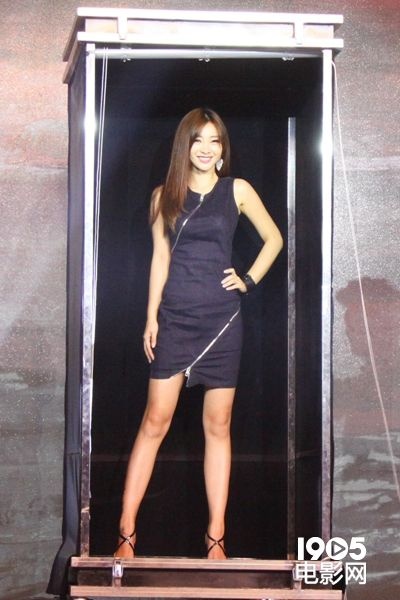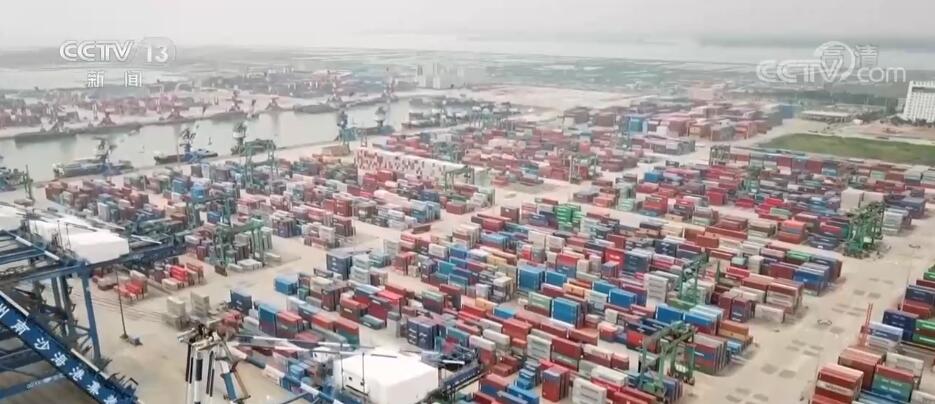Five insurances and one gold change into six insurances and two gold? Clarify! Not all compulsory payment
Beijing, January 20 (Reporter Li Jinlei) Recently, some media reported that supplementary medical insurance and enterprise annuity were added on the basis of "five insurances and one gold", which became "six insurances and two gold". In fact, supplementary medical insurance and enterprise annuity (a kind of supplementary old-age insurance) are paid voluntarily, not compulsorily. Moreover, supplementary medical insurance and enterprise annuity have existed for a long time, but the newly promulgated Enterprise Annuity Measures came into effect on February 1 this year. Don’t get me wrong.

"Five insurances and one fund" include endowment insurance, medical insurance, maternity insurance, unemployment insurance, industrial injury insurance and housing accumulation fund.
Recently, some media reported that on the basis of "five insurances and one gold", supplementary medical insurance and enterprise annuity were added, which became "six insurances and two gold".
In this regard, many netizens mistakenly believe that these are two new treatments added by the state for employees, which enterprises must force to pay to employees. However, in fact, supplementary medical insurance and enterprise annuity are established voluntarily, and they have existed for a long time, which is not new.

Let’s talk about supplementary medical insurance first, which is a supplementary form of basic medical insurance compared with basic medical insurance. According to data from the Ministry of Human Resources and Social Security, by the end of 2016, there were 290.22 million employees participating in supplementary medical insurance nationwide.
Zhang Yinghua, an executive researcher at the World Social Security Research Center of China Academy of Social Sciences, told the reporter of Zhongxin.com that supplementary medical insurance is a welfare added by the unit (employer) for employees, which is generally a commercial insurance purchased by the group. In 1998, the Decision of the State Council on Establishing the Basic Medical Insurance System for Urban Employees stipulated that the supplementary medical insurance premium of enterprises within 4% of the total salary shall be paid from the employee welfare fund.
Zhang Yinghua explained that there is no uniform regulation on whether the supplementary medical insurance is paid by individuals, and it varies from place to place. It can be paid by the enterprise, or it can be paid jointly by the unit and the individual, and withheld and remitted by the unit.
The reporter found that taking Beijing as an example, as early as 2001, Beijing promulgated the Interim Measures for Supplementary Medical Insurance for Enterprises in Beijing, proposing that "enterprises participating in the basic medical insurance in this city can establish supplementary medical insurance for their employees and retirees (foreign-invested enterprises are limited to Chinese employees)".
Note that the method says "yes", not compulsory and compulsory payment. According to the measures, the supplementary medical insurance of enterprises is mainly used to solve the medical expenses borne by retirees and the medical expenses that employees need to pay for hospitalization.
It is understood that at present, the threshold for medical insurance for employees in Beijing is 1,800 yuan, that is to say, from January 1 to December 31 of each year, 1,800 yuan must be spent, and the part exceeding 1,800 yuan can be reimbursed; Anything less than 1800 yuan is paid by oneself.
In other words, if you spent less than 1800 yuan on medical insurance in that year, it was not enough for reimbursement. At this time, supplementary medical insurance came in handy.

Let’s talk about enterprise annuity again. Enterprise annuity is also called occupational annuity. It is a supplementary pension insurance system independently established by enterprises and their employees through collective consultation on the basis of participating in basic pension insurance according to law. It is an important part of the second pillar of China’s multi-level pension insurance system.
In short, the enterprise annuity is a supplementary pension insurance. Employees participating in the enterprise annuity is conducive to adding a pension accumulation on the basis of the basic pension insurance, and further improving the income level and quality of life after retirement.
It should be noted that the state encourages enterprises to establish enterprise annuities, but it is not mandatory.
Moreover, enterprise annuities have been around for many years. On January 6, 2004, the former Ministry of Labor and Social Security issued the Trial Measures for Enterprise Annuity. By the end of 2016, 76,000 enterprises had established enterprise annuities nationwide, with 23.25 million employees and accumulated funds of 1.1 trillion yuan.
In other words, enterprise annuity is an old system that has been implemented for more than ten years. However, since February 1, 2018, the newly formulated Enterprise Annuity Measures will be officially implemented. The "Measures for Enterprise Annuity" issued this time is a revision and improvement of the "Trial Measures for Enterprise Annuity" in 2004.
According to the regulations, the expenses required for enterprise annuities are jointly paid by enterprises and individual employees. The enterprise payment shall not exceed 8% of the total wages of the employees of the enterprise every year.

When it comes to enterprise annuities, many people say that they are unfamiliar. This is because, compared with pension insurance, the penetration rate of enterprise annuities is not high. In 2016, the number of people participating in national pension insurance was 887.77 million, while the number of employees participating in enterprise annuities was only 23.25 million.
As for the low penetration rate of enterprise annuity, Zhang Yinghua said that this is mainly because enterprise annuity is voluntary, and many enterprises, especially small and medium-sized enterprises, have no motivation and ability to participate.
In addition, Zhang Yinghua said that the "Enterprise Annuity Measures" stipulates that three conditions must be met when launching an enterprise annuity plan: participating in basic old-age insurance and fulfilling payment obligations, having corresponding economic affordability, and establishing a collective negotiation mechanism. These three conditions must be met at the same time. For many private enterprises, small and medium-sized enterprises and collective enterprises, it is difficult to meet at the same time, and the principle of voluntary establishment is adopted, and the employee mobility is high, so the participation rate is not high. (End)

